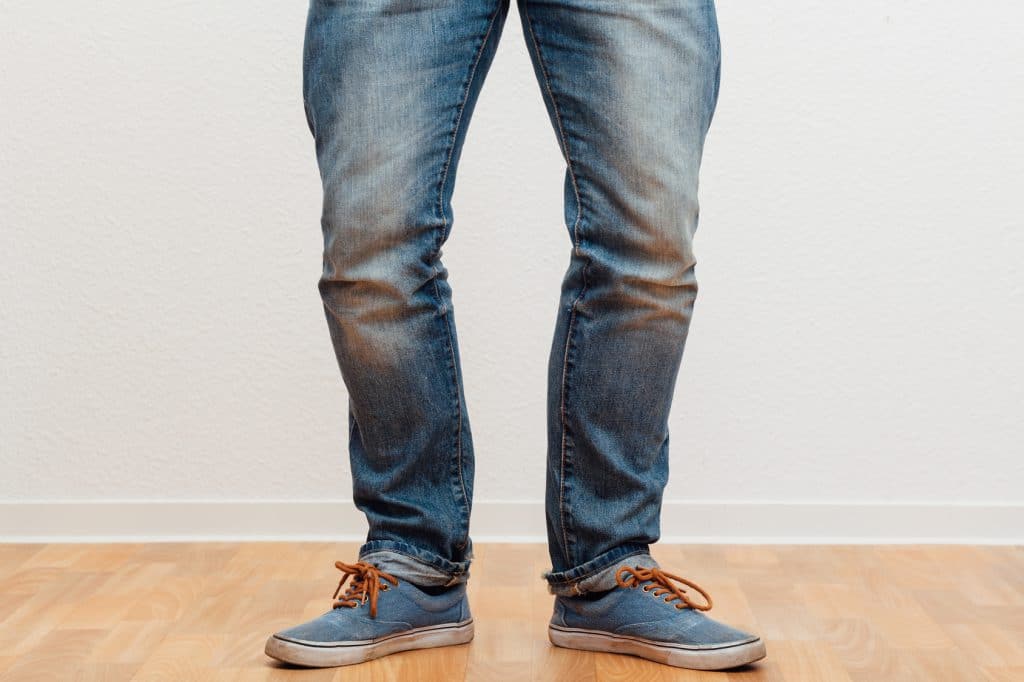Significantly increased risk for O-legs through intensive soccer training in youth
Football in most of the countries of the world to the most popular sports ever. Even small children are often not separated from the Ball. Who trained in the youth-intensive, has a significantly increased risk for the development of O-legs. This has been shown in a recent study.
Sport promotes health
There’s no question that Sport is healthy. Regular workouts can help you lose weight and condition of the structure and help to reduce the risk for cardiovascular diseases such as high blood pressure. A sport that is suited to the latter, particularly well, is football. Because, as in a study by Danish researchers has shown, is to play football to lower blood pressure as efficiently as medicines. But those who train too intensively, has an increased risk for the development of O-legs.

Scientific study, will be presented
Among the experts is still disputed whether intense game of football in the youth to the O-leads, legs, or whether the selection of the young players, the increased number of O-legs collectively with because this can be questionable dribble better.
Dr. Florian Wolf, a specialist in trauma surgery and orthopedics of the working group 3D-surgery at the clinic for General, accident and recovery surgery of the Ludwig-Maximilians-University (LMU) in Munich at the international Congress of the society for Orthopaedic traumatologic sports medicine (GOTS) to do a scientific study.
The result: intensive soccer training in youth increases the risk for the development of O-legs significantly.
Increased burden on the O-deformation
“The main reason for this seems to be in the active, open growth plates and that is why”, explains Wolf, in a communication to the GOTS, which was published by the information service science (idw).
“This is a rule for girls to 14./15. Years of age, in boys even at 16. Years of age. Possibly trauma to the harmful effects caused by intense Training in the case of repeated Micro on the Shin of the head,“ said the expert.
“It later on, deformity can result in the Shin.”
As stated in the notice, will be charged by the O-deformation of the structures on the inner side of the knee joint stronger. This can lead with increasing age to a knee joint-osteoarthritis, and later, even up to the need for an artificial knee joint.
Therefore, patients with O if legs or pain in the inner knee joint gap of a careful clinical and radiological examination with analysis of the leg geometry is used.
Correction of the legs to consider
According to the doctors of the variance, respectively, of the discomfort to a certain degree, to consider a Correction of the legs.
“We intervene surgically, depending on the location of the deformity on the tibia or the femur in the knee joint, close to, rarely, to two bones,” explains Wolf.
“In the case of the classical method is fixed after transection of the bone with plates, the correct leg axis,” says the specialist.
“If there is a concomitant twisting of the bones of the feet are very far to the inside or outside, the hips are set unfavorable or even in addition to a leg length difference is present, is preferably a correction with the mark of nails.”
In particular the inversion and/or the extension operations with marrow nails with the smallest of additions, so to speak, in a minimally invasive manner to perform.
The information suggests that the patients after an average of four to six weeks Partial weight bearing on crutches and can then be again active in sports.
Conservative Treatment
A slight O-leg position, with no lasting complaints should first be treated conservatively.
In this case, the steer clear of particular stress on strengthening of the muscles is recommended, for example, a Shoe outer edge of the increase and the administration of anti-inflammatory drugs.
“Our results for the high-performance sport we would like to discuss with Clubs and sports and Exercise scientists in order to identify, where appropriate, the affected young athletes at an early stage and appropriate adjustments to the training,” says the physician.
Results on grassroots sport are transferable
For their study, the researchers analyzed the working group 3D-surgery at the LMU in Munich systematically the existing literature and summarized the results scientifically.
The analysis of a castle in international studies with together more than 1,300 young male athletes in football and comparable control groups.
The phenomenon of O-legs in adolescent athletes is by the way described to a lesser extent in other high-impact sports such as Tennis, basketball, Handball and Volleyball. Here, too, are suspected to be the cause for O-legs, the frequent, rapid changes of direction.
The researchers highlight that the results are not transferred to the grassroots – on the contrary: The width of the sport is important and conducive to the development of the Adolescent! (ad)
